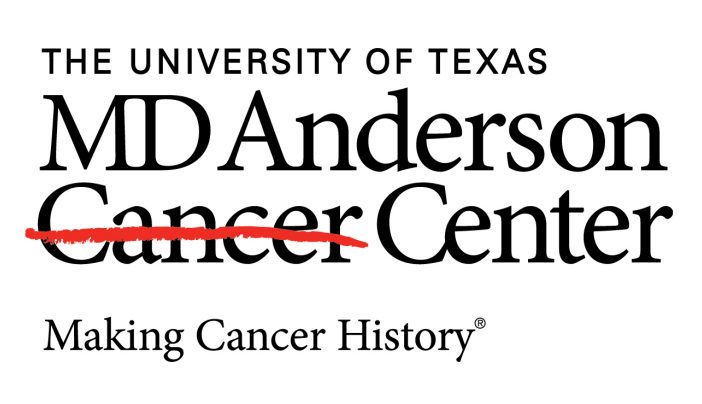
Editor's Note A recent study shows potentially significant promise for preoperative virtual reality (VR) simulation to improve surgical patient outcomes. Published March 1 in the American Journal of Critical Care, the research details how VR reduced ICU sedation and ventilator time for patients undergoing elective cardiothoracic surgery. Although the program…

Editor's Note Overreliance on overtime and agency nurse staffing can significantly increase the risk of pressure ulcers and, in the case of agency hours, perioperative hemorrhage or hematoma, according to research published April 2 in JAMA Network Open. Using data from 70 US hospitals between 2019 and 2022, researchers…

Editor's Note Some patients with early-stage breast cancer who achieve a complete response to pre-surgical chemotherapy and radiation may safely avoid surgery, according to a March 27 announcement from The University of Texas MD Anderson Cancer Center. The report details a Phase II trial, published in JAMA Oncology, finding that…

Editor's Note A new brain implant could one day restore voices to those who can no longer speak, the Associated Press (AP) reported March 31. As detailed in the article, researchers have successfully tested the experimental brain-computer interface (BCI) on a 47-year-old woman with quadriplegia who lost the ability to…

Editor's Note Northwestern Medicine has partnered with robotic technology firm Vitestro to test and validate the safety and effectiveness of autonomous blood draw technology, according to a March 20 announcement from the health system. The multi-year collaboration centers on Aletta, billed as the world’s first Autonomous Robotic Phlebotomy Device (ARPD),…

Editor's Note A wearable smart t-shirt that remotely monitors vital signs helped patients go home earlier and feel safer after robot-assisted urological cancer surgery, according to a March 21 article in Medical Xpress. The article details a pilot study, presented at the European Association of Urology Congress in Madrid, Spain,…

Editor's Note Surgeons at Northwestern Medicine have performed the first U.S. case of resection and partial liver transplantation with delayed total hepatectomy (RAPID) to treat metastatic colorectal cancer, according to a March 18 article in Healio. The procedure, which allows a transplanted liver segment to grow before fully replacing a…

Editor's Note Legislation introduced in the US House of Representatives seeks to expand access to anesthesia care for veterans by granting Certified Registered Nurse Anesthetists (CRNAs) full practice authority within the Veterans Health Administration (VHA). The Ensuring Veterans Timely Access to Anesthesia Care Act of 2025 is sponsored by Representatives…

Editor's Note Hospitals are making measurable strides in patient safety and workforce resilience, but sustained focus is needed to maintain progress, according to a March 13 report in Chief Healthcare Executive. The article focuses on a new analysis from the American Hospital Association (AHA) and Press Ganey. Based on responses…

Editor's Note Multiple states seek to limit corporate influence in medicine by instituting additional checks on private equity-driven healthcare mergers, according to a March 17 report in Axios. Referencing multiple state-specific reports, the article summarizes specific efforts in Massachusetts, where a new law expands oversight of transactions; Maine, where a…